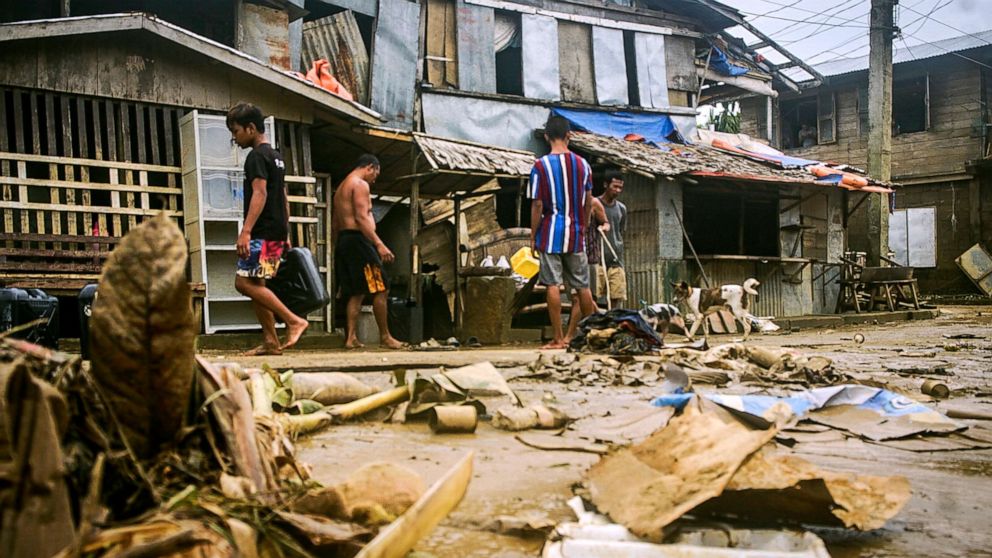MoreBack to News Headlines

Poor communities will likely need to be compensated as a result of climate change policies, study says
ABC News
Lawmakers and scientists must come together to make sure policies aimed at mitigating climate change do not increase global poverty, according to a new study.
Lawmakers and scientists must come together to make sure policies aimed at mitigating climate change do not increase global poverty, according to a new study. While the impacts of climate change are widely considered to disproportionately affect people living below the poverty line the most, climate change policies, in their efforts to stop the Earth's temperatures from warming even more, could inadvertently increase the financial burden on the poor, researchers say in study published in Nature Communications on Tuesday. Current socio-economic trends could result in about 350 million people living in extreme poverty by 2030, and this number does not account for the potential impact from climate change or the COVID-19 pandemic. Even with ambitious climate policies that would limit global warming to below a 1.5 degrees Celsius rise since the 19th century, the number of people living in poverty could still increase by another 50 million, according to the study.More Related News





















 Run 3 Space | Play Space Running Game
Run 3 Space | Play Space Running Game Traffic Jam 3D | Online Racing Game
Traffic Jam 3D | Online Racing Game Duck Hunt | Play Old Classic Game
Duck Hunt | Play Old Classic Game